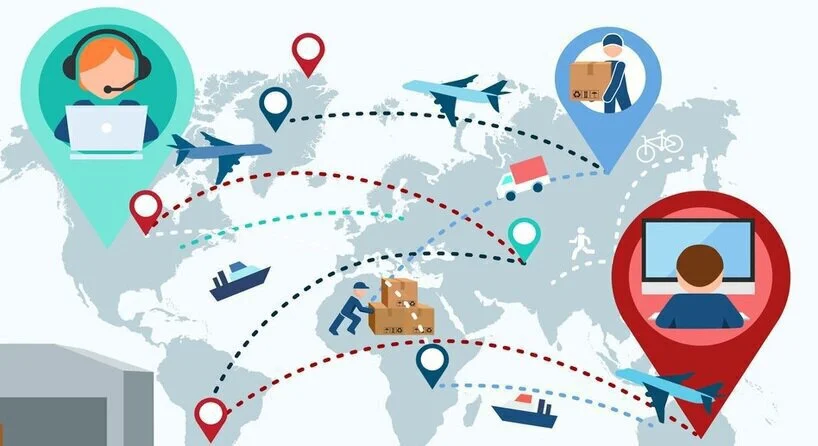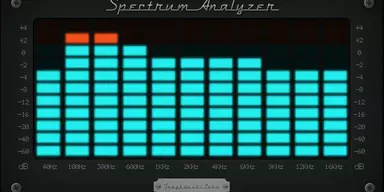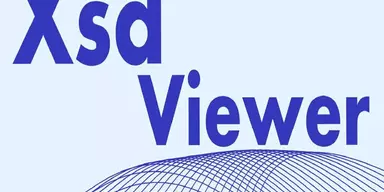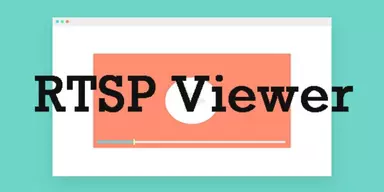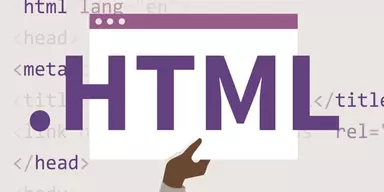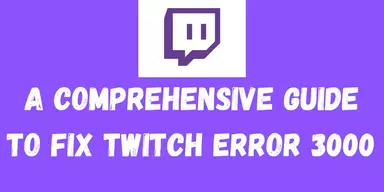Manufacturers and e-commerce firms deal with millions of products every day. They produce goods in large numbers, and there many other sub-operations related to this field like inventory management, reporting and analytics, tracking logistics, and finance management.
On a fundamental level, order management has not changed. What has changed, in this case, are purchaser desires and the overall distribution business scene, to cater to these needs of e-commerce platforms, large manufacturing firms, or even small businesses, order management software have been developed.
What is Order Management Software?
Primarily an order management software is used to keep track of every step from manufacturing to delivery of the products. It manages inventory, sales, orders, and logistical needs of a firm. While also enhancing productivity and improving partnerships.
These platforms automate the intensive labour tasks and ease the workload by adequately managing and tracking each step of the manufacturing process. In today’s world, order management requires a multi-dimensional framework that contacts almost every feature of how business works.
Best Order Management Software
Below is a compilation of best order management software that can help firms manage and increase their business potential.
1. Linnworks
Linnworks lets businesses connect and automate various components of an industry’s selling process. This allows stakeholders to invest less energy in request handling, labeling, packing, pressing and record handling, and spend additional time improving the business.
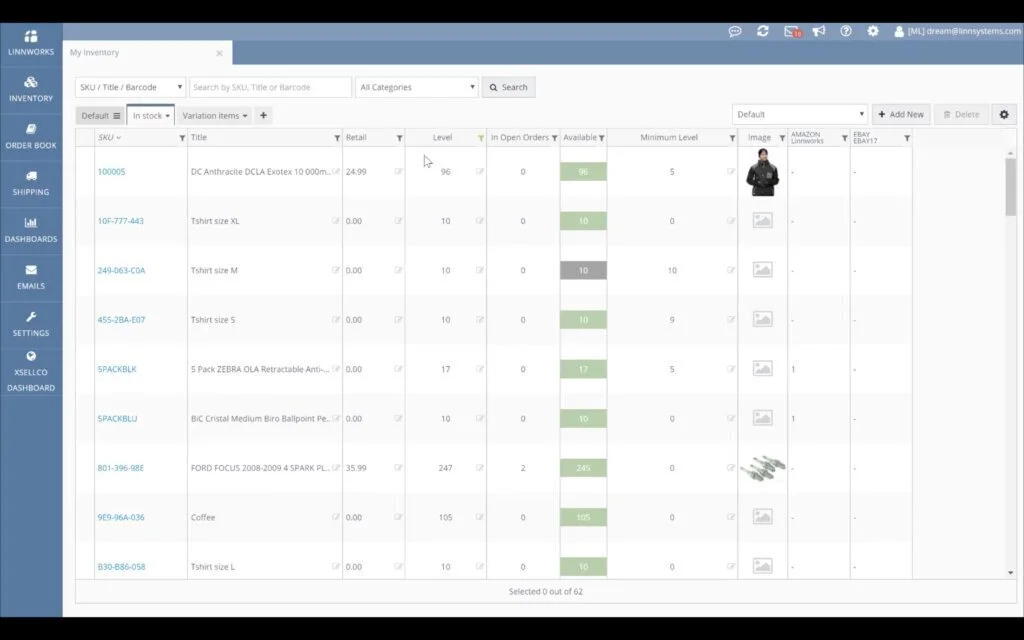
It is a cloud-based platform that unifies all selling processes. Linnworks is equipped with tools like stock control, order management, reporting, shipping, and listings. All these features make it a robust tool. It also supports integration with leading e-commerce platforms like Amazon,eBay, Shopify, Wallmart, and more.
Features
- Mult-Channel Support
- Simplified listings
Pros
- Custom Reporting
- Centralized stock control
Cons
- Sluggish User Interface
Pricing
- Standard: $250/month
- Advanced: $600/month
Visit: Linnworks
2. EZRentOut
EZRentOut is a cloud-based rental administration software. It is intended to follow each bit of the organization’s rental components while offering essential bits of knowledge. It amplifies return for money invested and lower personal time while leasing equipment.
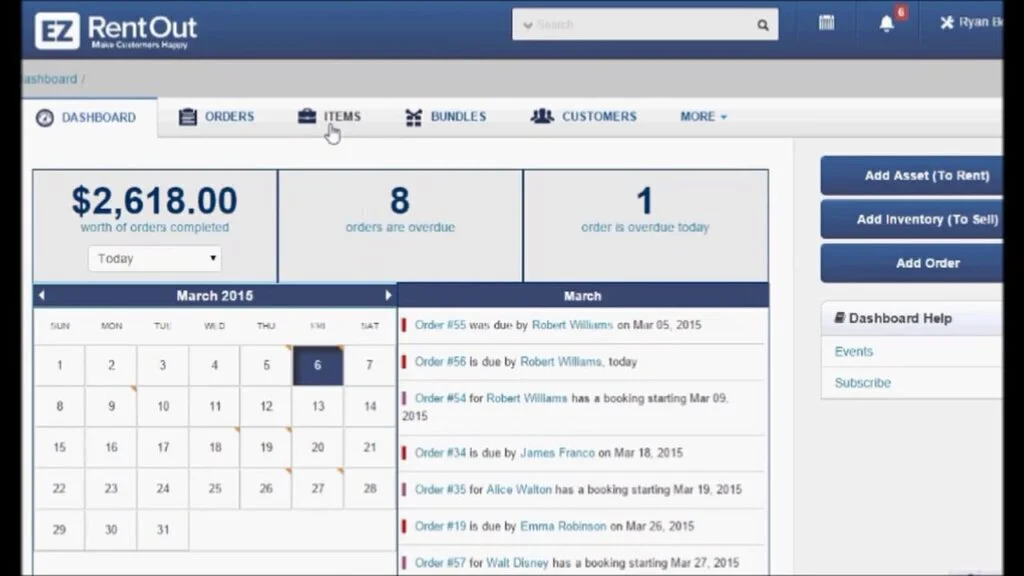
It coordinates seamlessly with QBO, and Xero, equipped with the support of a mobile application, enables clients to carry out the entirety of their tasks efficiently and on the go. Because of its streamlined and simplified interface, EZRentOut means to give proficiency that can meet both the requirements of small businesses and enterprises.
Features
- Easy Invoicing
- Advance order scheduling
Pros
- Mobile App Support
- Online store
Cons
- Missing advance search options
Pricing
- Standard: $50/month
- Plus: $135/month
- Premium: $225/month
Visit: EZRentOut
3. Zoho Inventory
Zoho inventory is a cloud-based free inventory management software that caters to the needs of growing manufacturing or e-commerce businesses. It helps stores to keep track of every unit with a robust stock management tool, order fulfilment, and inventory control software.
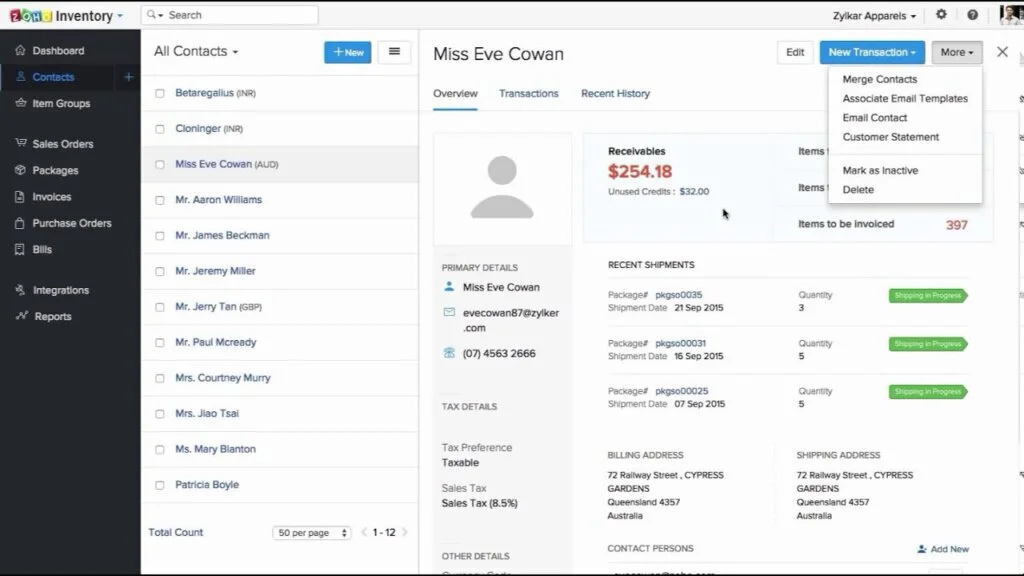
It helps small businesses to increase sales, and its paid versions enable enterprise-level firms with an increased number of orders, warehouses, and shipment tracking services. Zoho Inventory is also available as an app for smartphones. It integrates with popular e-commerce platforms such as eBay, Etsy, and Amazon.
Features
- Warehouse Management
- Auto re-ordering
Pros
- Centralized record-keeping
- End-to-End Tracking
Cons
- Difficult to set up
Pricing
- Basic: $39/month/billed annually
- Standard: $79/month/billed annually
- Professional: $199/month/billed annually
Visit: Zoho Inventory
4. Jazva
Jazva is a cloud-based e-commerce platform with a variety of functionalities for small businesses to medium size B2B and B2C retailers that work on an assortment of online commercial centers and sell their merchandise from numerous warehouses. Its web-based business suite offers a lot of highlights for online retailers.
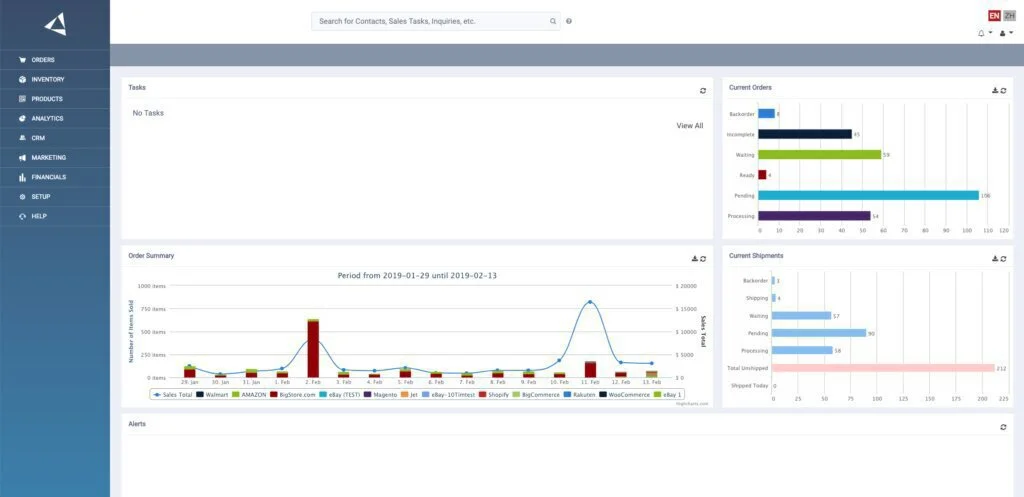
Its abilities spread across multi-channel item management, flexible listings, order management, FBA (Certified by Amazon), intuitive reporting and analytics modules, stock administration, and CRM. Jazva’s inventory management tool offers bundling, packaging, and virtual items that can be suited for an assortment of business prerequisites.
Features
- Business Intelligence and Reporting
- Order and CRM Conversations
Pros
- Amazon Vendor Integration
- eBay Repricing Tool
Cons
- Reports not intuitive
Pricing
- On Quote
Visit: Jazva
5. IBM Order Management
IBM Order Management is a multi-channel cloud-based SaaS platform that offers facilities to make the one-stop shopping experience for clients. Its facilities encourage firms to convey a consistent executive experience over all channels. With IBM order management, you can upgrade multi-channel productivity and streamline all modules.
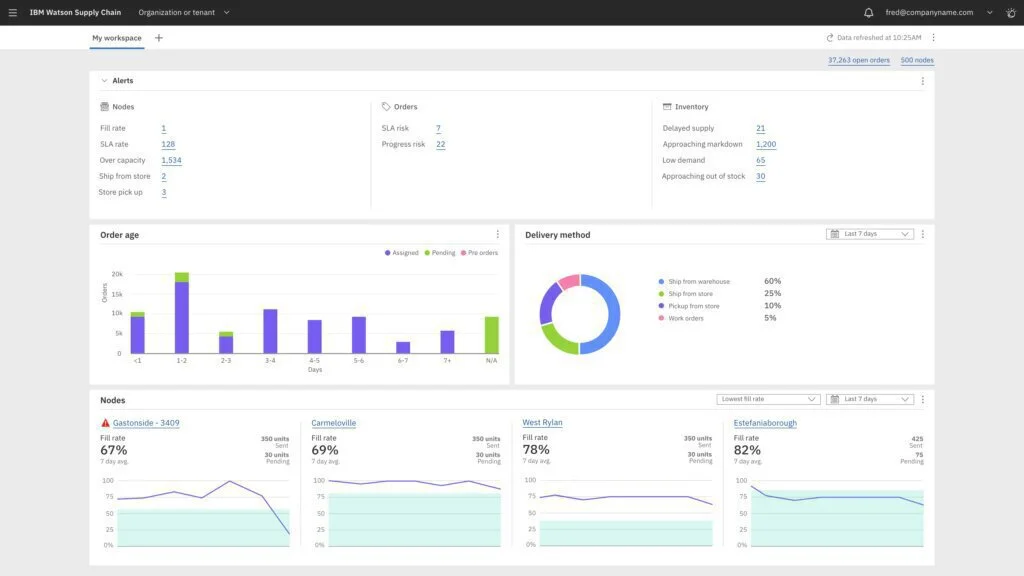
It monitors orders from production to distribution, oversees procedures all through the order life cycle, and get constant visibility into each order over all platforms. Precise expert stock perspectives and access to credible information assist clients with expanding responsiveness and keep more customers engaged. Built-in AI empowers more intelligent sourcing and optimal choices at the most minimal expense.
Features
- With AI support
- Reverse logistics
Pros
- Real-time, immediate action on capacity
- Customize monitoring and alerts
Cons
- Lacks warehouse management features
Pricing
- On Quote
Visit: IBM Order Management
6. Esker
Constructed with industry simulated intelligence and RPA innovation, Esker’s natural, cloud-based solution enables organizations to control their digital change across procure-to-pay (P2P) and order-to-cash (O2C) processes and join clients and providers efficiently. Esker is utilized to channel more noteworthy effectiveness, accuracy, clarity, and cost-cutting through P2P and O2C processes.
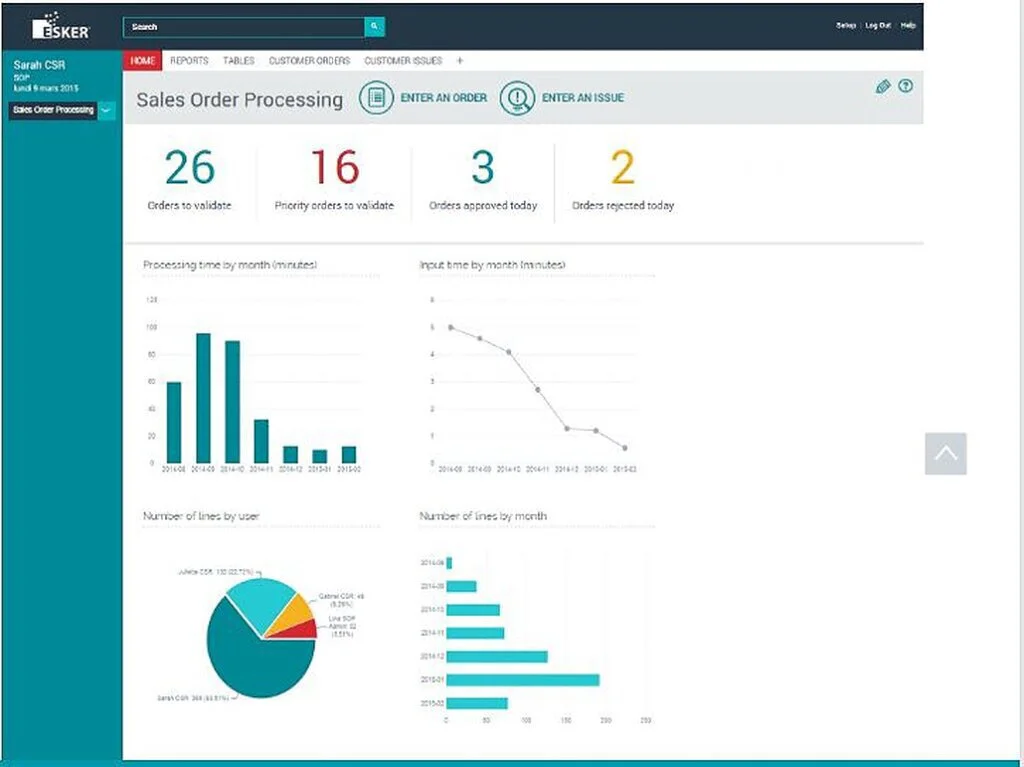
Order management is attached to client experience and just as with an organization’s O2C success. Esker’s automated order handling framework utilizes AI and RPA innovation to address the most manual regions of order taking through a centralized, cloud-based solution.
Features
- Increased Visibility
- P2P and O2C support
Pros
- Web and Mobile Ordering
- Multitenant applications
Cons
- Lacks open-source integrations
Pricing
- On Quote
Visit: Esker
7. Netsuite SuiteCommerce
NetSuite SuiteCommerce joins each phase of a multi-channel retail business. As an arrangement that links back-end activities to e-commerce, POS, and order management. SuiteCommerce engages retailers to provide a consistent, customized venture over all of their clients. With the capacity to help web sites for different brands, nations, monetary standards, and languages from a single cloud-based platform.
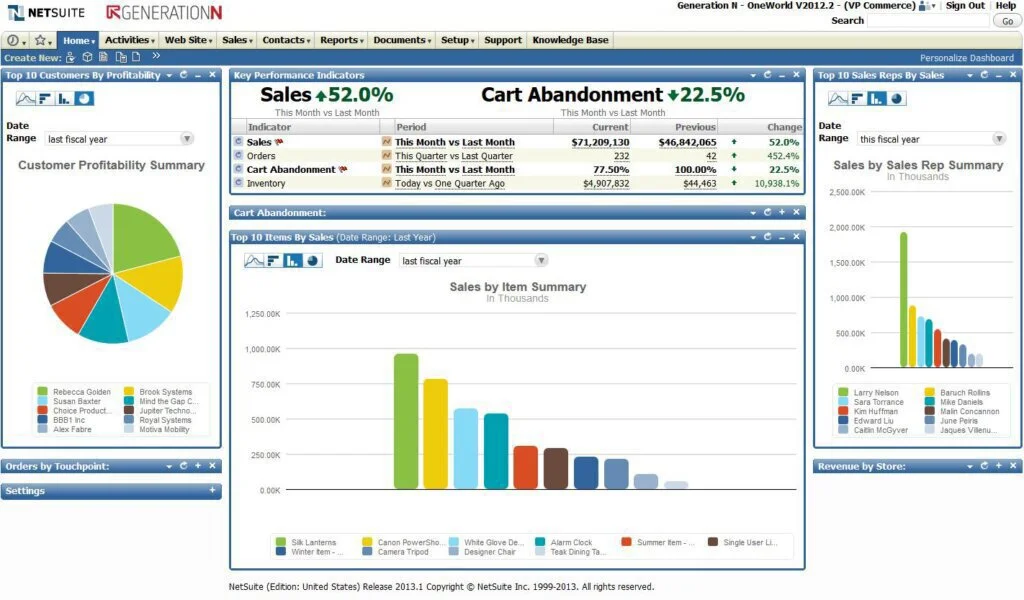
SuiteCommerce empowers organizations to move from isolated web stores, in-store, and teleshopping stations to an incorporated business arrangement. It flawlessly interfaces with e-commerce business and in-store POS to order management, inventory handling, product promotion, advertising, finances, and customer assistance.
Features
- Unified cloud solution
- Native open-source integrations
Pros
- Real-time inventory visibility
- Multiple device support
Cons
- Inconsistent performance
Pricing
- On Quote
Visit: SuiteCommerce
8. Orderwave
Orderwave is a cloud-based application that digitalizes and streamlines activities for e-commerce, inventory management, and direct advertising channels. Orderwave offers stock administration, shopping cart integration, and order handling. The shopping cart facility allows clients to make partitions for various items, label arranged items, and upload product pictures.
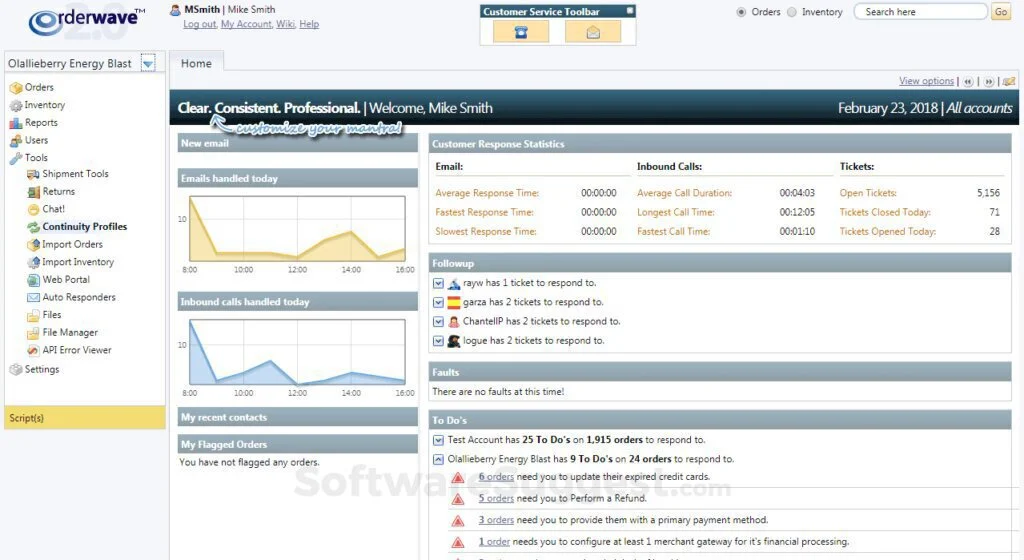
It has a unique feature that allows customers to join items of a shopping basket with FedEx or UPS to see current transportation rates. Agents can follow client history, react to client inquiries through email, and talk with associates or conveyance suppliers to address client issues.
Features
- Shopping Cart integration
- Multiple Warehouse Management
Pros
- Robust Reporting
- PCI Compliant
Cons
- Challenging to manage support documentation
Pricing
- On Quote
Visit: Orderwave
9. Orderhive
Orderhive is a cloud-based order management framework. Its scalable nature makes it useful for small businesses to enterprises, huge retailers, wholesalers, and distributors. It is the top-rated multi-channel e-commerce order handling solution that manages your business orders, order updates, delivery labels, and payment acknowledgments.
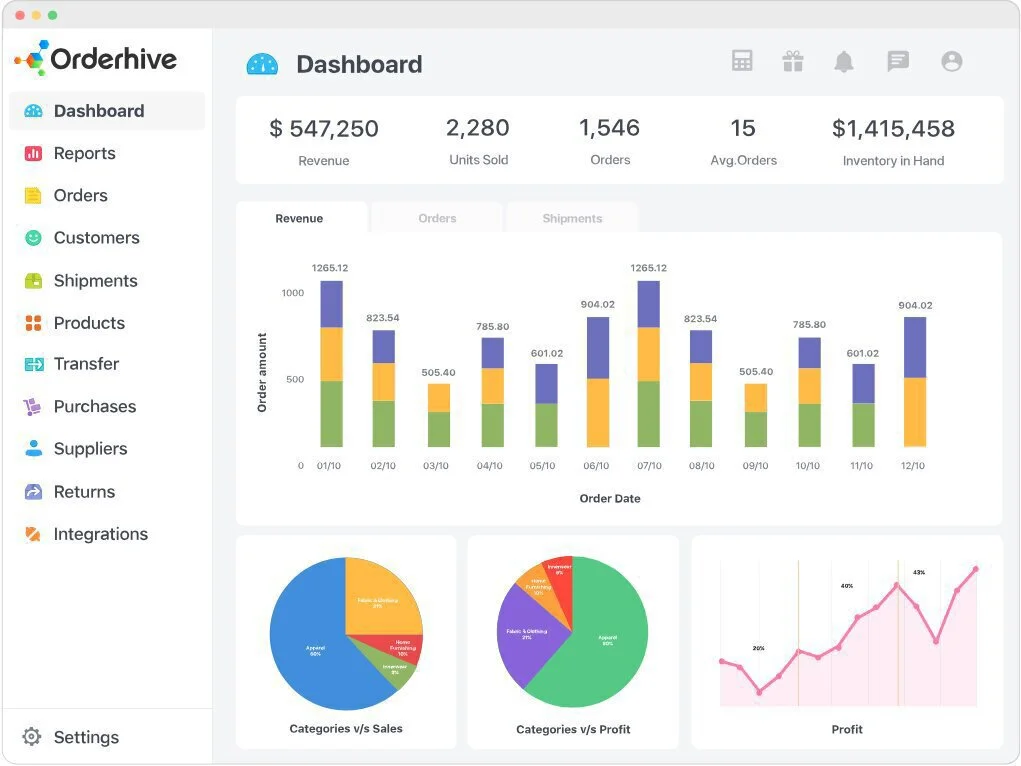
It is a straightforward stock, and the inventory management platform also integrated with shipping features for the e-commerce industry, with native support for popular platforms like Amazon, eBay, Shopify, and so forth to automate stock control and streamline dispatching process. It comes with a free trial, so the user can experience these services before opting to purchase it.
Features
- E-commerce automation
- Returns management
Pros
- Real-time inventory synchronization
- Open-source APIs
Cons
- Listing and analytics features are missing
Pricing
- Lite: $45/month/billed annually
- Starter: $135/month/billed annually
- Growth: $270/month/billed annually
- Enterprise: On Quote
Visit: Orderhive
10. Brightpearl
Brightpearl is an omnichannel platform structured explicitly for retail business. It is constructed to manage peak trading properly, and it fully coordinates with the retail environment, giving constant exchanging bits of knowledge. Also, it’s automated so users can remain in charge and oversee any exception.
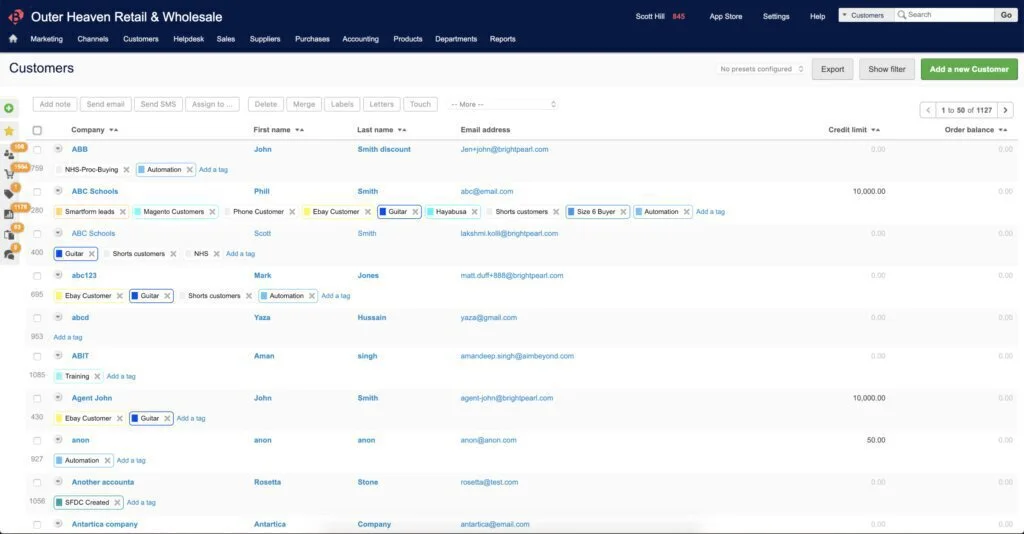
It integrated seamlessly with e-commerce platforms, including Bigcommerce, Shopify, Magento, and online commercial centers, for example, eBay, Amazon, which gives organizations access to numerous new channels to excel. Besides, the integration enables incorporated mobile POS, with native accounting and analytics revealing just as bits of knowledge that go down to the channel, SKU, and client levels.
Features
- Integrated point of sale
- Multi-Channel Fulfillment with Amazon FBA
Pros
- Process offline orders
- Flexible return workflows
Cons
- Tedious in some tasks
Pricing
- On Quote
Visit: Brightpearl
Final Words
An order management platform caters to all managerial tasks of small business to enterprise-level manufacturing firms. These mentioned solutions handle inventory, finances, stock management, reports and analytics, and logistical needs of an e-commerce business. All these software has its own benefits as well as drawbacks.
Some solutions may provide a better user interface, while others have increased functionalities and open-source integrations, and some possess advanced logistics support. While some platforms are cost-friendly, but others are a bit expensive and provide a complete order management solution, ultimately the choice depends on the requirements of a business.

